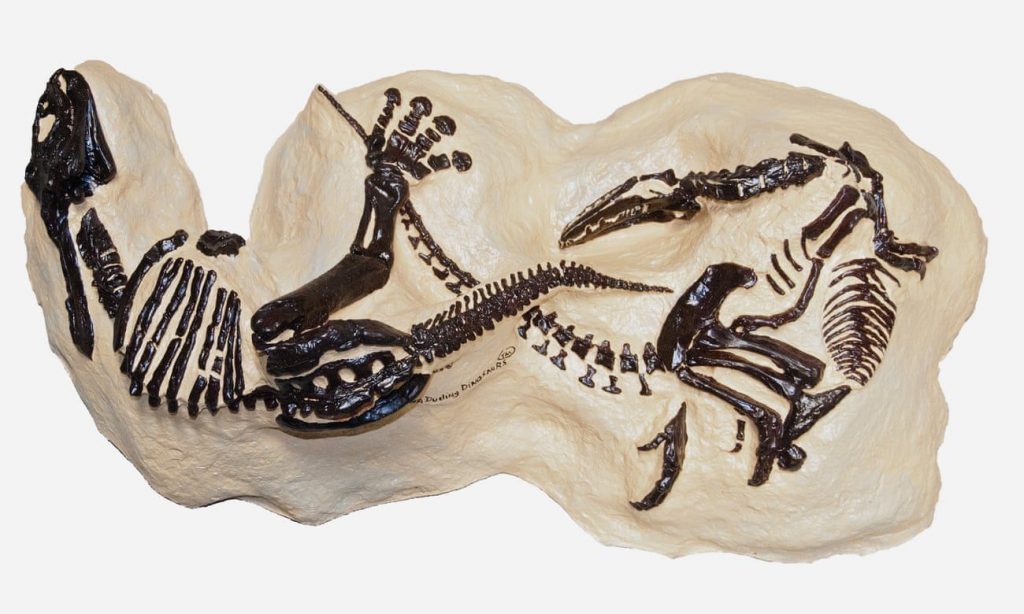
Sometimes a good read comes one’s way through a “having to …” (for one reason or another). And so it was when Jesmyn Ward’s Salvage the Bones was recently set for discussion at a local book club I attend here in Germany. Irrespective of the National Book Award in 2011, I missed this novel these some years now gone (gone where?!), and in fact Ward has only really come to my attention in much more recent times with news of her third novel Sing, Unburied, Sing which has been extensively reviewed (and in 2017 won for Ward again the National Book Award!), and I should say has also has not yet been read by me. As is the way, her previous works were often brought up in medial appraisals of this latter work, so generally speaking I knew the what and when of Salvage the Bones. (And I should say William Faulkner seemed also to be often mentioned by reviewers – more on this later.)
In preparation for the reading, I went to the internet to see what I could find (this PBS video for instance or a piece written for an August, 2018 Time special on the American South) – the who and what and when of Jesmyn Ward – and as a result, I must say before I had even started reading I was quite captured by her presence; her person. Every fiction needs a narrative and every person has one, but with the latter as with the former some are just a little more compelling than others. It seems to me, Ward has lived and lives one such – for better or worse she may well add. Don’t get me wrong, there is absolutely nothing overly demonstrative or theatrical about her, nothing, rather one senses a decency, a generosity of spirit, and an integrity that is rare in days of endless posturing. I very much wanted to discover whether she could also write a “life”, so to speak; translate the personal world she inhabits and its concerns into a fictional narrative. And, it is not just the reviewers, Jesmyn Ward herself mentions Faulkner – a lot!

And so I read Salvage the Bones, and was certainly not disappointed. Some could quibble, but I will not. It is not perfect. It is not Faulkner. (And, by the way, nor is he – perfect, that is.) She is not he, so how could it be. Her debt to him though is obvious. What would he say? That he, a white man of the South, of the early, middle 20th century, he of the segregated, racist South should give a voice to an African-American woman in the early decades of the 21st century – one firmly rooted in a contemporary Mississippi that may be desegregated formally but bearing still the scars of its past. Or is it more a voice shared – in and somehow beyond time and person and even race? And what can I say, as one not of the South, foreign to this very particular part of America, its norms and its codes? … (to be continued)

One thought on “Salvage the Bones (part 1)”